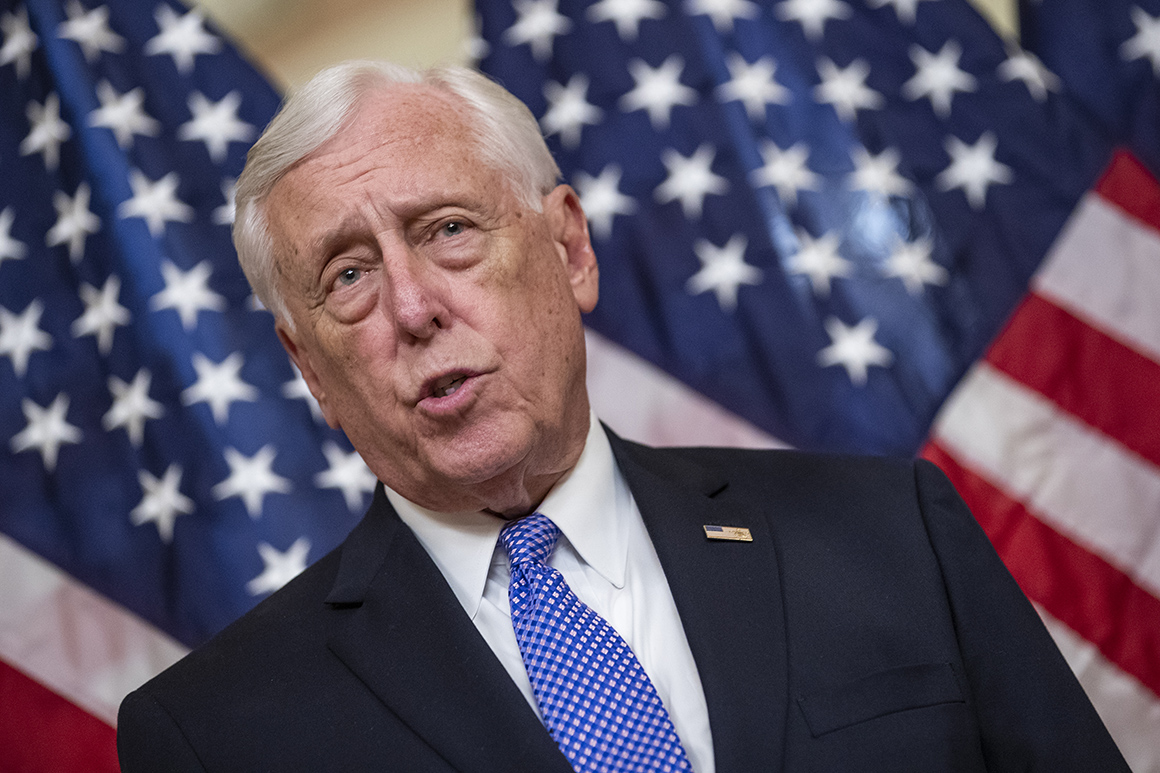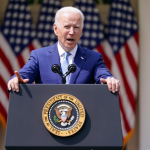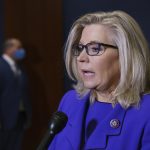House Democrats plan to pass a stopgap spending bill the week of Sept. 20 to wave off the threat of a government shutdown at month’s end.
Majority Leader Steny Hoyer (D-Md.) privately told Democrats of the plan on Friday, according to sources on the call. Party leaders are eyeing Dec. 10 as a possible end date for a continuing resolution to keep the government open beyond Sept. 30, although the length of that patch has yet to be finalized.
Democratic leaders are thinking about combining that funding bill with action to handle the debt ceiling, in addition to funding for hurricane and flood damages, Afghan resettlement efforts and other priorities. That move would be the majority party’s first step in forcing Republicans to either pony up the votes to avert the impending debt cliff or sink the combination plan to wave off multiple national crises.
Hoyer warned lawmakers on Friday that House leaders might have to add extra voting days in October to accommodate a jam-packed schedule, including passage of President Joe Biden’s massive social spending plan.
“While the House has already completed the vast majority of our appropriations work, Congress must pass a continuing resolution to keep government open and serving our communities as we negotiate final funding bills that invest in working families,” House Appropriations Chair Rosa DeLauro (D-Conn.) said in a statement.
Republicans do not appear to be phased by Democrats’ attempts to tie action on the debt ceiling to a must-pass government funding bill. GOP leaders have vowed no help in raising or suspending the cap on how much money the government can borrow while Democrats pursue a multi-trillion spending package without GOP support.
A limit on the nation’s ability to borrow money was reinstated on Aug. 1. Since then, the Treasury Department has taken “extraordinary measures” to conserve funds and keep paying the government’s bills on time.
Treasury Secretary Janet Yellen warned earlier this week that those measures will be exhausted sometime next month. The Bipartisan Policy Center predicted on Friday that the government could default on its debt between mid-October and mid-November.
Such a breach would lead to economic turmoil, and Yellen has warned that even last-minute action could “cause serious harm to business and consumer confidence, raise short-term borrowing costs for taxpayers, and negatively impact the credit rating of the United States.”
Heather Caygle and Burgess Everett contributed to this report.




















